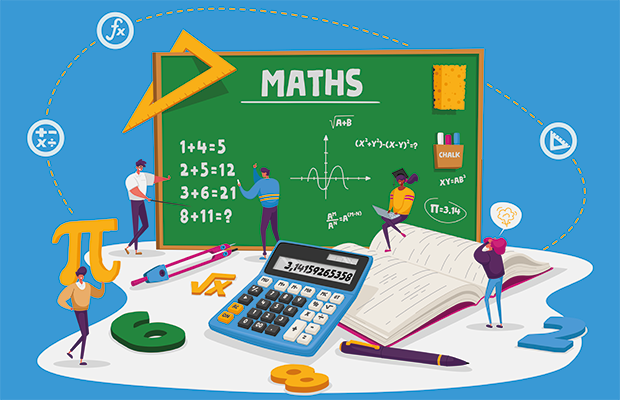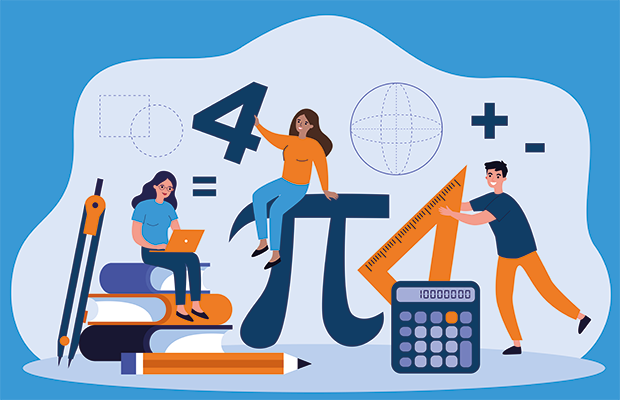Maths
Y12 and I've been reading books related to maths and stuff but nothing more, Any advice on what more I can do?
It probably would be worth discussing with a teacher or someone who knows you better but there is a standard list of supercurriculum ideas at
https://www.undergraduate.study.cam.ac.uk/files/publications/super-curricular_suggestions.pdf
but there are many things you could do.
Its worth bearing in mind that there are something like 6 people apply for every place (in maths) and a fair proportion go through to interviews. So the interview and its tests and then the step exams are the real differentiators, not your personal statement. So you could
•
Work through the step foundation modules (and maybe the mat (livestream) / tmua stuff) https://maths.org/step/ and associated stuff at mmp https://maths.org/
•
The enrichment section at https://www.drfrostmaths.com/downloadables.php? has a mix of mat/step/ukmt resources. Bowlers interview questions booklet is relevant as is some of the ukmt stuff.
•
Watch some youtube like tomrocks, veritasium, 3Blue1Brown ... to get exposed to maths content
•
You dont say what books youre reading, but a mix of pop maths / history / problem solving or recreational maths is useful background. If there are exercises in the book do (some of) them and simply reading maths is rarely enough.
•
Think a bit more rigorously so what famous / simple proofs are used to underpin gcse/a level maths. So how are pythagorean triples generated, circle/multiple angle trig relationships, how did calculus develop (from archimedes ideas ...), ...
•
Do a bit of looking into basic number theory, counting/combinatorics, ...
•
Work though previous ukmt/ritangle/... competitions.
https://www.undergraduate.study.cam.ac.uk/files/publications/super-curricular_suggestions.pdf
but there are many things you could do.
Its worth bearing in mind that there are something like 6 people apply for every place (in maths) and a fair proportion go through to interviews. So the interview and its tests and then the step exams are the real differentiators, not your personal statement. So you could
•
Work through the step foundation modules (and maybe the mat (livestream) / tmua stuff) https://maths.org/step/ and associated stuff at mmp https://maths.org/
•
The enrichment section at https://www.drfrostmaths.com/downloadables.php? has a mix of mat/step/ukmt resources. Bowlers interview questions booklet is relevant as is some of the ukmt stuff.
•
Watch some youtube like tomrocks, veritasium, 3Blue1Brown ... to get exposed to maths content
•
You dont say what books youre reading, but a mix of pop maths / history / problem solving or recreational maths is useful background. If there are exercises in the book do (some of) them and simply reading maths is rarely enough.
•
Think a bit more rigorously so what famous / simple proofs are used to underpin gcse/a level maths. So how are pythagorean triples generated, circle/multiple angle trig relationships, how did calculus develop (from archimedes ideas ...), ...
•
Do a bit of looking into basic number theory, counting/combinatorics, ...
•
Work though previous ukmt/ritangle/... competitions.
oh wow, Thankyou so much for this, It helps a lot.
Quick Reply
Related discussions
- Alevel combination (urgently needs help)
- I have a lot OF A-level and GCSE Maths and Further Maths resources. Who's Interested?
- A level choices for imperial?
- a level maths
- A Level FM in one year or two
- Any good revision resources/ websites for GCSE?
- Acturial science
- Economics degree
- A level further maths worth it
- Resitting year 12
- Maths vs Maths and Physics
- Should A-level Maths or A-level Statistics be compulsory?
- Cambridge university natural sciences
- Can I do economics degree without a level maths?
- Further Maths GCSE
- Will universities accept maths and further maths as two?
- AS further maths
- maths a level
- Which a levels to pick? Any suggestions
- A Level Options?
Latest
Trending
Last reply 15 hours ago
Cambridge Land Economy 2024-2025 Postgrad AdmissionsLast reply 18 hours ago
March 2024 Cambridge Mature Colleges Round - Anybody?Last reply 23 hours ago
MPhil Advanced Computer Science Cambridge - 2024 EntryLast reply 2 weeks ago
Easy Colleges in Cambridge to get in - should this be allowedLast reply 2 weeks ago
Could I get into Oxford or Cambridge without studying A-level background??Last reply 2 weeks ago
MPhil in Machine Learning and Machine Intelligence at Cambridge 2024Last reply 3 weeks ago
Cannot find funding for Cambridge, is it worth getting a loan?Trending
Last reply 15 hours ago
Cambridge Land Economy 2024-2025 Postgrad AdmissionsLast reply 18 hours ago
March 2024 Cambridge Mature Colleges Round - Anybody?Last reply 23 hours ago
MPhil Advanced Computer Science Cambridge - 2024 EntryLast reply 2 weeks ago
Easy Colleges in Cambridge to get in - should this be allowedLast reply 2 weeks ago
Could I get into Oxford or Cambridge without studying A-level background??Last reply 2 weeks ago
MPhil in Machine Learning and Machine Intelligence at Cambridge 2024Last reply 3 weeks ago
Cannot find funding for Cambridge, is it worth getting a loan?



